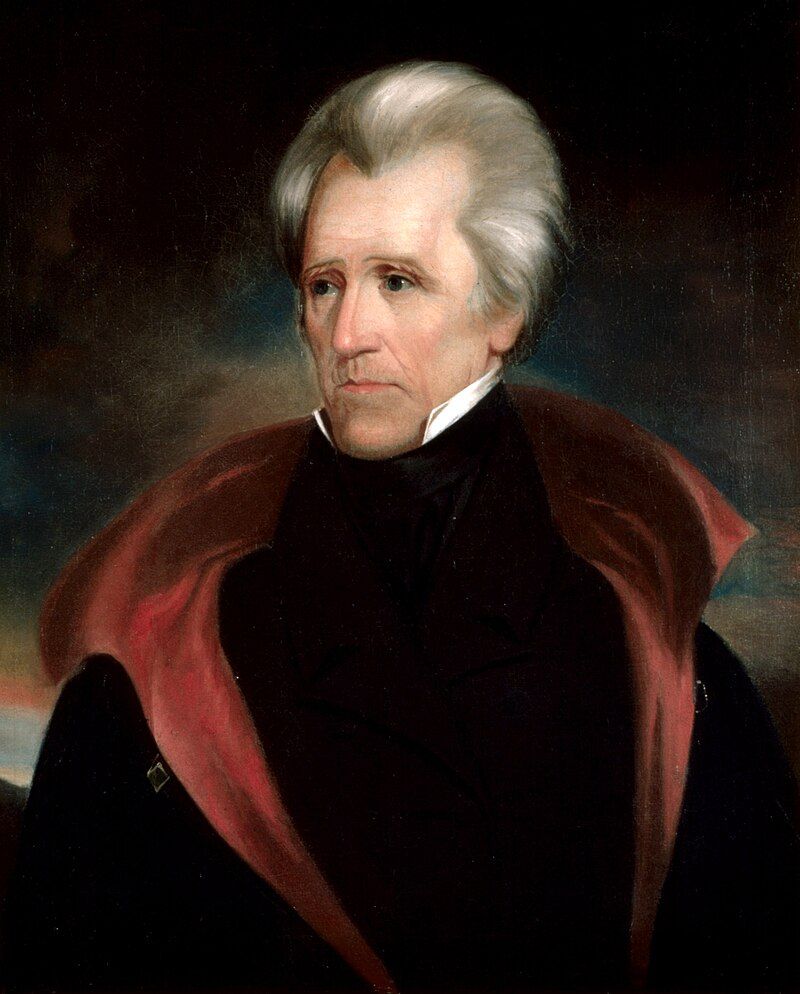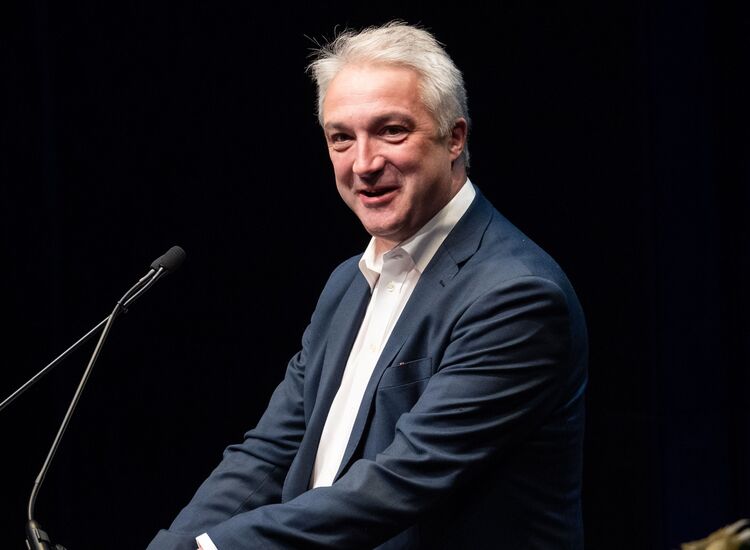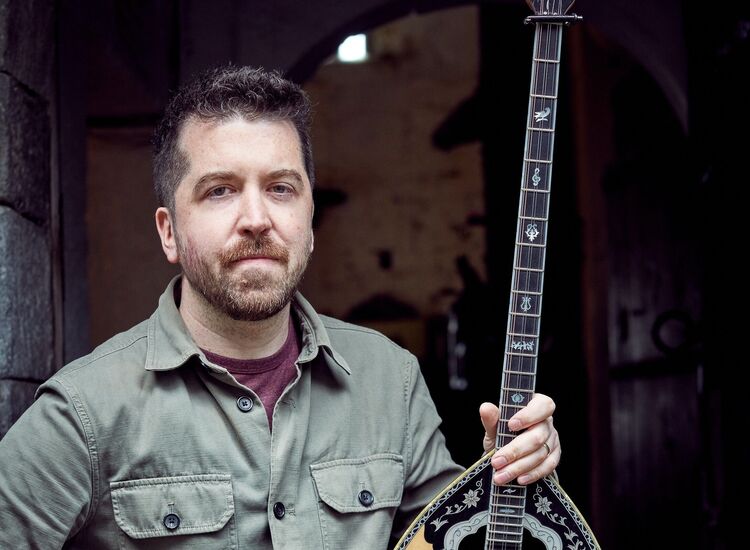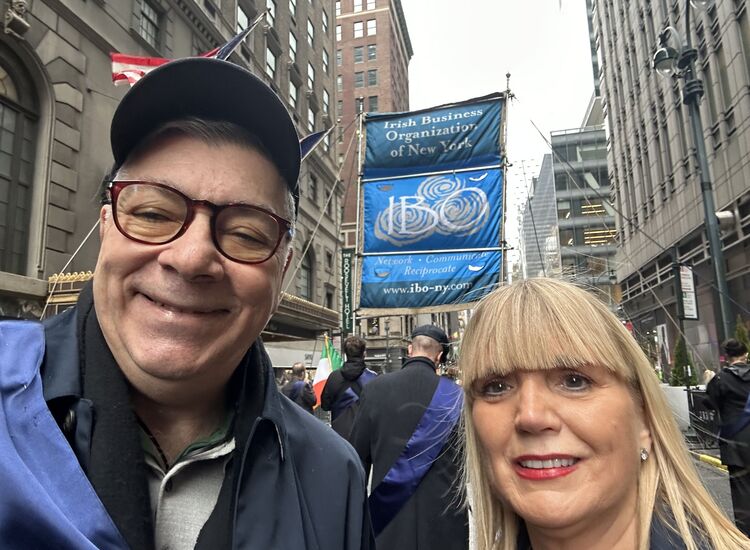When someone hears that I worked for many years as a doorman in Manhattan, the usual follow-up question is “Did anyone famous live in your building?” I always answer: “No, but one time I did meet…”
An oft-told story I have had occasion to resurrect in recent weeks involves an encounter with the now infamous hip-hop impresario Sean Combs. Puff Daddy, as he was then known, arrived at my building looking for a girlfriend who used to visit one of our male residents. When I called upstairs, no one answered, so I had to deny Mr. Combs entry. He wanted to go upstairs and try the door, but I used the “all visitors must be announced” rule to explain that letting him up could lose me my job. He acquiesced, but was clearly frustrated. He stalked off down the long stately hallway, heading back to an SUV that was idling outside. A few seconds later, a very large driver/body guard emerged from the SUV, entered the building and began walking slowly and I imagined, menacingly, down the hallway. I braced myself for a confrontation, an order to let Puff Daddy upstairs or else! But when the large gentleman arrived at the front desk, out of his mouth popped a high pitched and pleasant voice that asked me in the most courteous and mannerly tone: “Pardon me sir, may I please use the restroom?”
Since Election Day I’ve been thinking about another encounter. One the night in early 2007, I was working the front door rather than the front desk, when I noticed a bevy of paramedics taking a stretcher out of Bobby Vans Steakhouse, which shared the premises. The next day I discovered in the newspapers that the dead man was historian Arthur M. Schlesinger Jr.
Schlesinger won the Pulitzer Prize in 1966 for the book, “A Thousand Days: John F. Kennedy in the White House,” and he later wrote a book praising and mourning Bobby Kennedy. Before these works chronicling the collapse of Camelot, Schlesinger had penned three important books on FDR’s New Deal, collectively titled “The Age of Roosevelt.” And before that, he had won another Pulitzer, in 1946, for his influential tome “Age of Jackson.”
Schlesinger presented Andrew Jackson, the child of immigrants from Antrim, as a populist who founded the modern Democratic party in order to “restrain the power of the business community.” For Schlesinger, this became “the basic meaning of American liberalism” and provided the link between Jackson and Roosevelt, and later, the Kennedys.
About fifteen months after the passing of Schlesinger, the Princeton historian Sean Wilentz wrote a May 2008 HuffPost column titled “Barack Obama and the Unmaking of the Democratic Party.” Wilentz was alarmed by the Obama campaign’s willingness to write-off the “historical electoral core” of the party, namely rural and working-class whites. Wilentz framed this dismissal as “usurping the historic Democratic Party, dating back to the age of Andrew Jackson.” Wilentz worried about the electoral prospects of “the bright shiny party of Obama,” a new coalition “swelled by affluent white leftists and liberals.” At the end of the article, Wilentz concluded: “The party must now decide whether to go along with Obama and renounce its own heritage—and tempt the political fates.”
Of course, by winning decisive victories in both the popular vote and the Electoral College in 2008 and 2012, Obama made Wilentz’s concerns look foolish. Writing for New York Magazine toward the end of Obama’s second term in July 2015, Jonathan Chait, reported that “Democrats from the party’s Jacksonian wing harbored the hope that the transformation could be reversed” but to their dismay, “the [Hillary] Clinton campaign has decided instead to build upon Obama’s Democratic party.” Chait concluded acidly: “Modern Democrats increasingly look upon Jackson with revulsion, and if he could return to see what his party has become, he would reciprocate.” In fact, Chait keenly observed that the most Jacksonian party in 2015 was the Tea Party-era Republicans.
Chait also argued that Schlesinger’s depiction of Jackson as a populist defender of the working man was an ideological myth, far from the historic truth. Chait stressed that Jackson was a conservative slave-holder whose cronies profited off the land he appropriated from Native Americans. Chait also described Jackson as “instinctively aggressive, poorly educated, anti-intellectual, and suspicious of bureaucrats. (Jackson replaced more qualified federal staffers with partisan hacks.)” Perhaps this reminds you of someone.
Though it appeared a few weeks after the Donald had descended his escalator to announce a run for President, Chait’s article did not mention Trump. Like most people, Chait had no way of imagining how skillfully and consequentially a New York businessman would capture the allegiance of all those Jackson Democrats disavowed by Obama and Hillary. In fact, Chait would write another column containing these now infamous words: “There are . . . reasons . . . for a liberal to earnestly and patriotically support a Trump Republican nomination. The first, of course, is that he would almost certainly lose.”
After Trump won, he had Andrew Jackson’s portrait displayed prominently in the Oval Office. He also criticized and then slow-walked the planned replacement of Jackson’s image on the $20 bill. (During the Obama administration, the anti-slavery crusader Harriet Tubman was scheduled to replace Alexander Hamilton on the $10 bill. But when superfans of the “Hamilton” musical successfully protested that plan, Jackson was put on the chopping block.)
After Joe Biden defeated Trump in 2020, he had Jackson’s portrait removed from the Oval Office. Arthur Schlesinger would have been surprised at that decision by working-class Joey from Scranton. If he were alive today, Schlesinger would also be shocked by these statistics found in a recent Atlantic article by David Brooks: "In 1960, John F. Kennedy lost the white college-educated vote by two to one and rode to the White House on the backs of the working class. In 2020, Joe Biden lost the white working-class vote by two to one and rode to the White House on the backs of the college-educated."
In 2024, working class Americans, white and otherwise, seem to have overwhelmingly supported Trump yet again. Among other things, perhaps they were turned off by the Harris campaign’s cavalcade of celebrity endorsers, a line-up one wit on Twitter/X compared to the guest list for one of Puff Daddy’s notorious parties. The dire warnings of Sean Wilentz about the bright shiny new Democratic party of 2008 now seem prophetic. Schlesinger’s Democratic party is dead and gone. It’s with Jackson in the grave.
Yet Jackson’s ghostly presence lingers. In her 2022 book “Race, Politics, and Irish America: A Gothic History,” Mary M. Burke observed that “Trump’s aping—as well as accidental echoing—of Jackson” has turned Jackson into “The Undead President.” For Burke, this is nothing new, as she finds “the troubling specter of Jackson . . . repeatedly haunts Irish-American narrative.”
Though Burke does not mention it, one of those Jackson-haunted narratives is Eugene O’Neill’s play “A Touch of the Poet.” Set in 1828 on the eve of Jackson’s election, it dramatizes a long day in the life of Con Melody, a drunken vainglorious fraud who makes his wife and daughter run the struggling family tavern while indulging both his Byronic fantasies as well as his nostalgia for having served, before his immigration to America, as a Major in The Duke of Wellington’s victorious army. Early in the play he chastises one his customers: “You Paddy. Didn’t I forbid you ever to mention that scoundrel Jackson’s name in my house.” Yet by the end of the play, stripped of his upper-class pretensions, he embraces the wave of populist democracy that was about to crash over the young republic. The audience hears him offstage, drinking with the Irish workingmen, offering a toast: “Here’s to our next President, Andy Jackson! Hurroo for Auld Hickory, God bless him!”
I saw the play during its 2005 Broadway run, which starred the great Gabriel Byrne. A year later, the actor strolled by my building one afternoon. He was halfway down Broad Street when I thought of something to say. “A Touch of the Poet!” I yelled. Byrne turned on his heel and when he looked in my direction, I gave him a thumbs up. He nodded his weary head in acknowledgement.
Dr. Stephen Butler is Clinical Associate Professor, Expository Writing Program, New York University.








